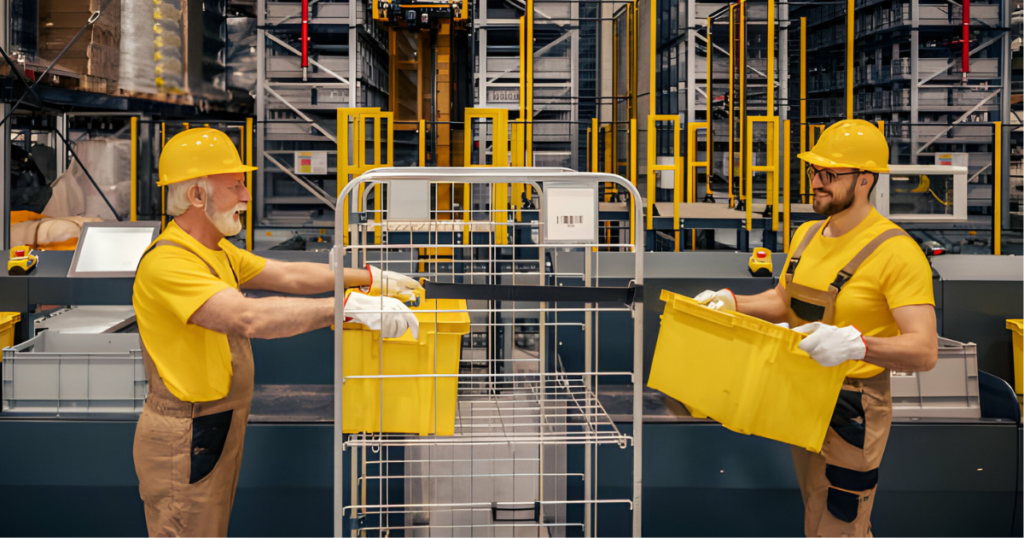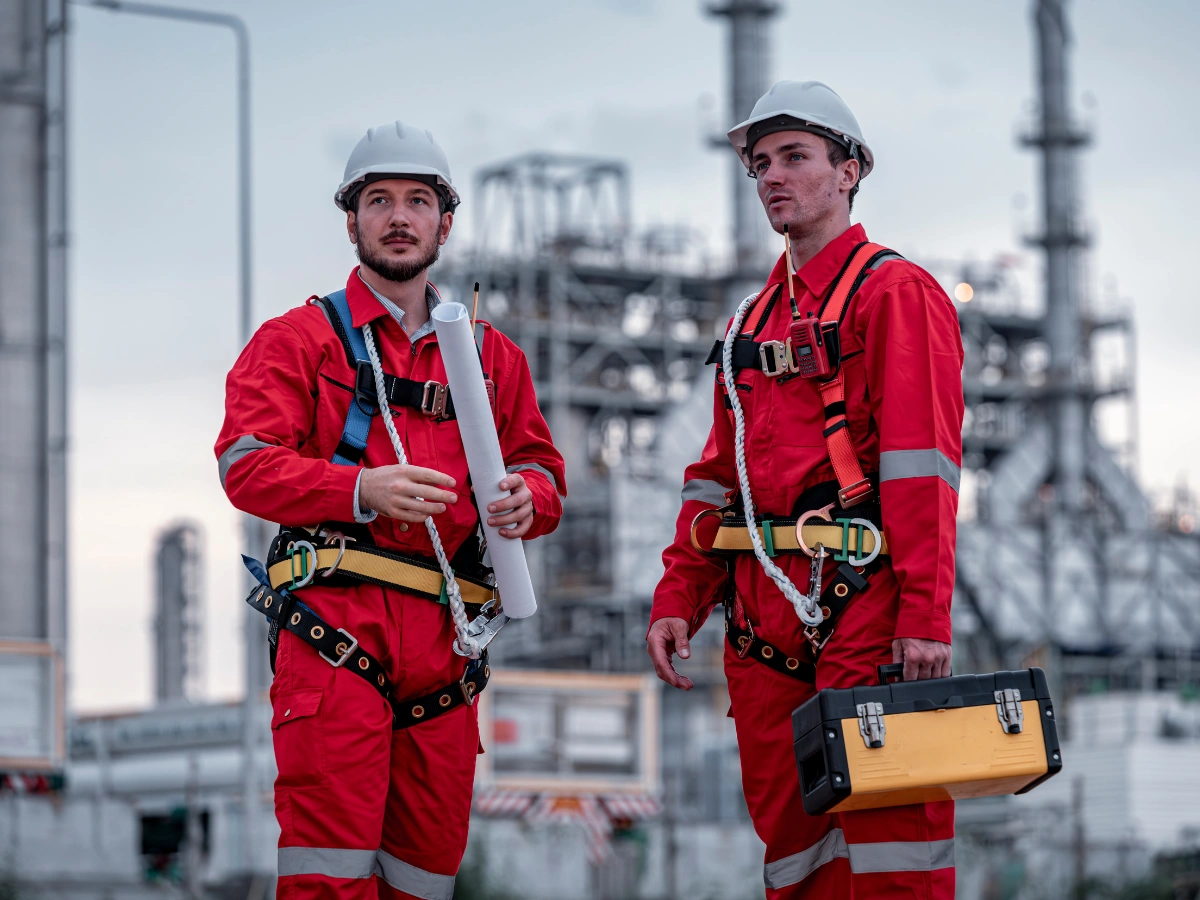Uniforms have been a part of human culture for centuries, serving various purposes in different aspects of life. In this article, we will delve into the captivating world of uniforms, uncovering their historical origins and their roles in fostering identity, professionalism, safety, equality, and more.
Historical Perspective
Uniforms have a fascinating history that dates back to ancient civilizations. From the striking armor of Roman soldiers to the ceremonial attire of the Chinese imperial court, uniforms have evolved significantly over time. We’ll take a journey through history to understand how uniforms have shaped societies and reflected cultural values.

Identity and Unity
Uniforms play a crucial role in helping us identify individuals as part of specific groups. Whether it’s the camaraderie in a sports team or the discipline in a military unit, uniforms create a sense of unity and belonging. We’ll explore real-life examples from schools, sports teams, and military settings to illustrate this point.
Professionalism and Trust
The association between uniforms and professionalism is undeniable. When you see a doctor in a white coat or a police officer in uniform, it instills trust and confidence. We’ll delve into how uniforms symbolize expertise and dedication, offering examples from healthcare, law enforcement, and various professions.
Safety and Functionality
In certain professions, uniforms are not just symbolic; they are essential for safety. Firefighters’ protective gear, healthcare workers’ scrubs, and construction workers’ attire are all designed with safety in mind. We’ll discuss how uniforms serve practical purposes and the protective features they offer.
Equality and Inclusivity
Uniforms promote equality by eliminating disparities based on clothing choices. In schools, uniforms reduce peer pressure and bullying related to fashion, fostering a more inclusive environment. We’ll explore how uniforms create a level playing field and enhance inclusivity.

Hygiene and Cleanliness
In industries where hygiene is paramount, uniforms are essential. Medical scrubs, for instance, are designed for easy cleaning to prevent infections, while kitchen staff wear uniforms to minimize food contamination risks. We’ll highlight the critical role uniforms play in maintaining hygiene and cleanliness.
Tradition and Identity
Uniforms often carry a sense of tradition and identity. They connect people to their cultural heritage and reflect a nation’s history and values. We’ll explore how uniforms create a unique sense of identity and pride in institutions and organizations.
Conclusion
In summary, uniforms are far more than just clothing. They carry rich histories, serve practical functions, and promote unity, trust, and equality in various settings. Understanding the significance of uniforms helps us appreciate their role in society beyond the surface. Uniforms are a testament to the power of symbolism and the profound impact they have on individuals and communities alike.
For more information visit:https://everuniform.com/










